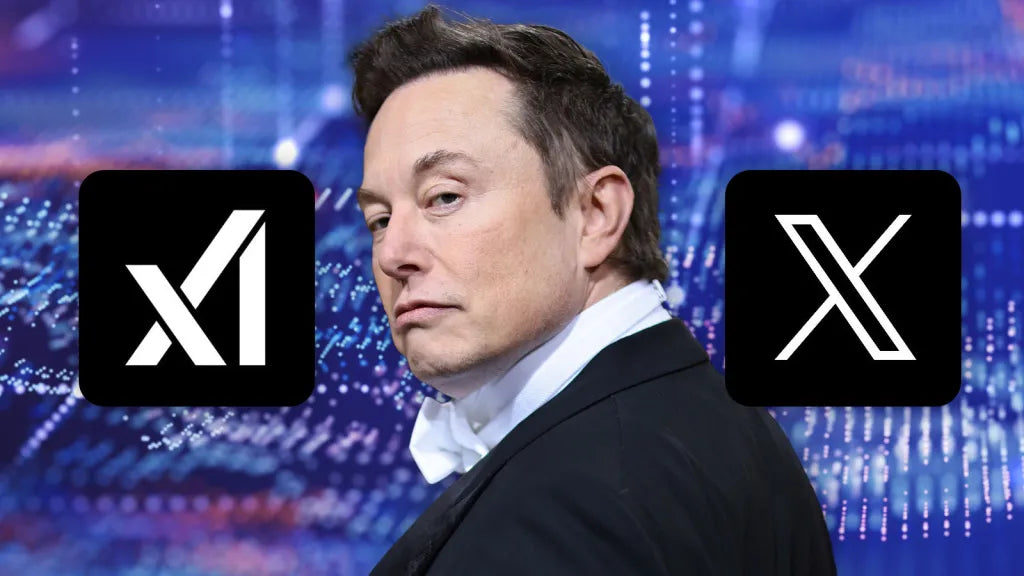As the electric vehicle (EV) industry continues to evolve at breakneck speed, few figures are more central—or more controversial—than Elon Musk. The latest twist in Musk’s high-profile ventures is his announcement that Tesla shareholders will vote on a potential investment in xAI, his artificial intelligence startup. This move isn't just another footnote in Tesla’s expansive narrative—it’s a critical juncture that ties together technology, corporate governance, and the future of EV innovation.
What Is xAI and Why Does It Matter to Tesla?
Founded by Musk in 2023, xAI (short for “Explainable AI”) is positioning itself as a major player in the competitive AI landscape. Its flagship product, Grok, is a generative AI model designed to rival ChatGPT and Google Gemini, with integration already under way into platforms like X (formerly Twitter) and Starlink customer support.
Tesla’s potential investment would mark a significant crossover between the company’s core EV business and Musk’s broader AI ambitions. Grok is rumored to be under consideration for deployment in Tesla’s Autopilot, Full Self-Driving (FSD) features, and even the upcoming Optimus humanoid robot.
A Historic Vote Reflecting Shareholder Influence
In a rare admission, Musk stated on X, “It’s not up to me. If it were up to me, Tesla would have invested in xAI long ago.” This comment confirms that Tesla’s board is letting shareholders decide, a move that many see as a response to rising concern about Musk’s divided focus across ventures.
This vote places the corporate governance spotlight on Tesla. Investors and analysts alike are debating whether such an investment aligns with Tesla’s fiduciary responsibilities—or if it further blurs the lines between Musk’s personal ambitions and the company’s strategic priorities.
Musk’s Empire: Innovation or Overextension?
Tesla’s shareholder vote comes at a time when sales are slumping, particularly in Europe and the U.S., and competitors like BYD and GM are gaining ground in key markets. Coupled with Musk’s recent political maneuverings and his plans to launch a political party, some investors are openly questioning whether he’s devoting sufficient time and energy to Tesla.
Furthermore, SpaceX’s $2 billion investment in xAI—reported by the Wall Street Journal—has raised eyebrows about how Musk leverages one of his companies to fund another.
What This Means for Tesla’s Future
While the integration of Grok AI into Tesla vehicles could unlock new user experiences and potentially enhance FSD capabilities, critics argue that core product quality, charging infrastructure, and customer satisfaction need immediate attention. The vote could signal whether Tesla prioritizes refining its core EV offerings or doubling down on Musk’s broader tech vision.
If the shareholder vote passes and Tesla invests in xAI, it could usher in a new era of AI-integrated mobility, further differentiating the brand in a saturated market. However, it could also lead to greater internal and public scrutiny of how Tesla allocates capital and executive attention.
Recommended Reading:
If you’re following this development, here are a few recommended pieces to provide more context:
-
"Elon Musk’s AI Ambitions: What Grok Means for Tesla’s Future"
An in-depth look at how Grok compares to other AI models and what it could offer Tesla. -
"Tesla vs. BYD: Who’s Winning the EV War?"
A comparative analysis of the two leading EV giants as Tesla faces increasing competition in China and Europe. -
"The Rise of Multiventure CEOs: Efficiency or Conflict of Interest?"
A broader look at the implications of CEOs managing multiple tech ventures and the governance challenges it creates.








Share:
The Impact of Trump’s Big Beautiful Bill on the EV Leasing Market
Elon Musk’s AI Ambitions: What Grok Means for Tesla’s Future